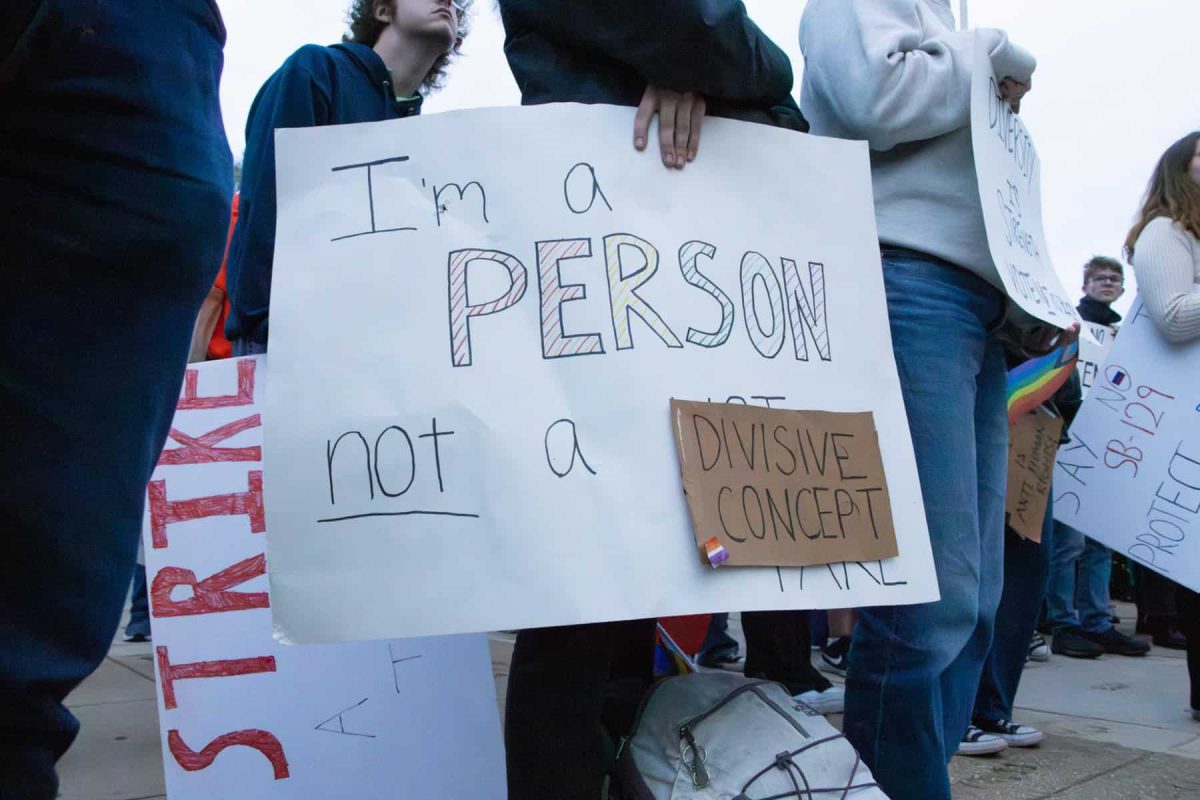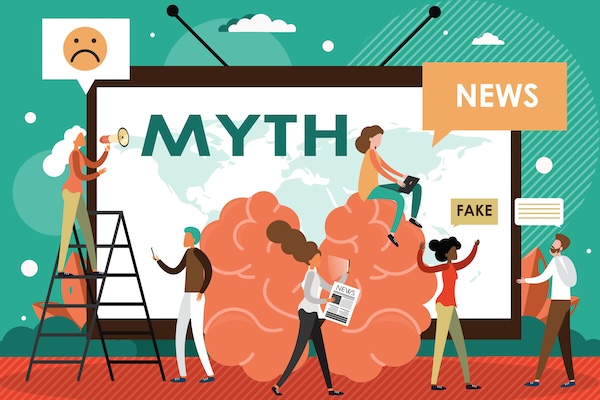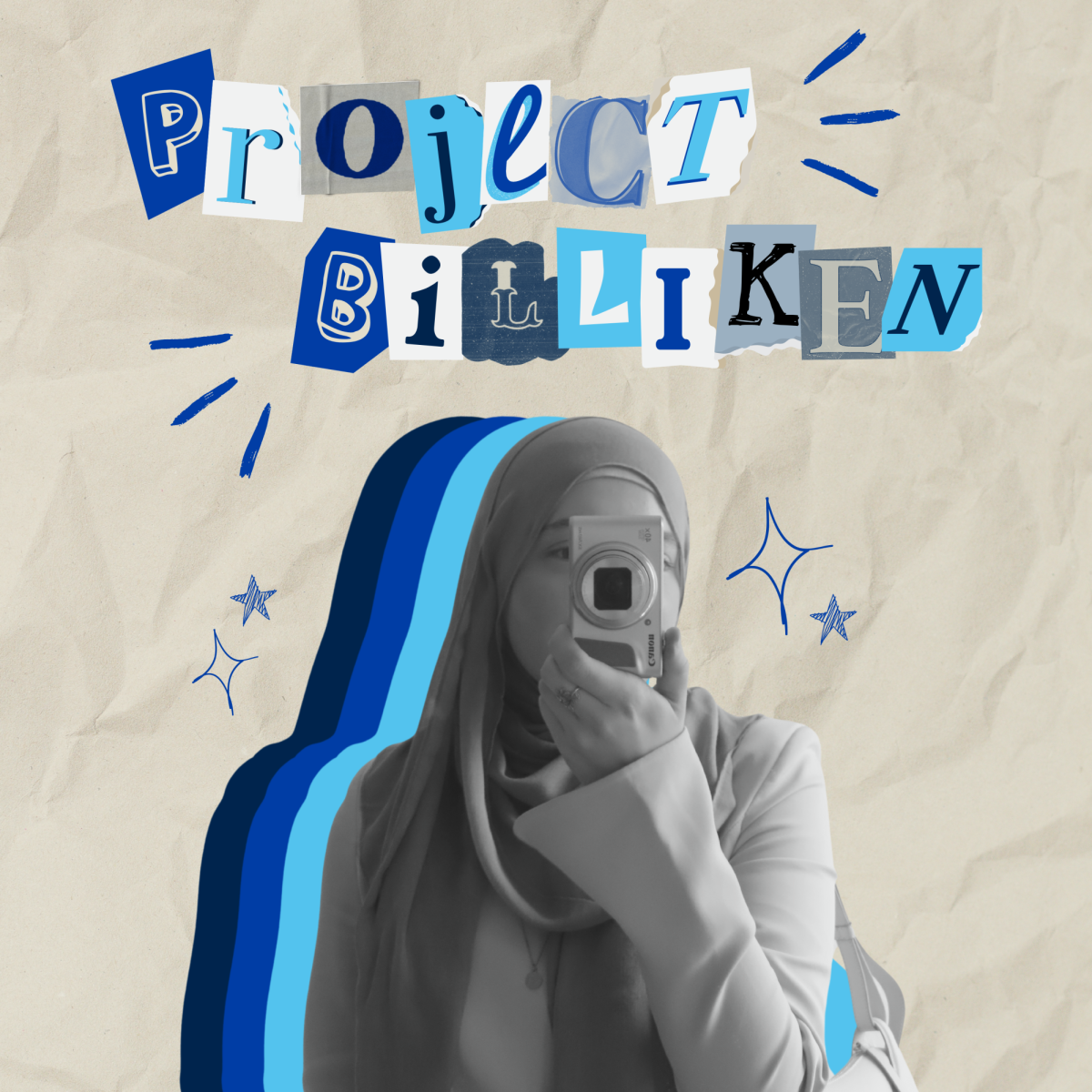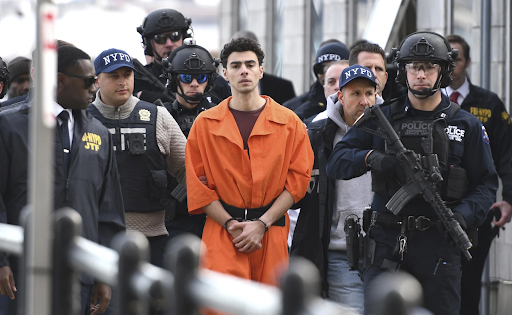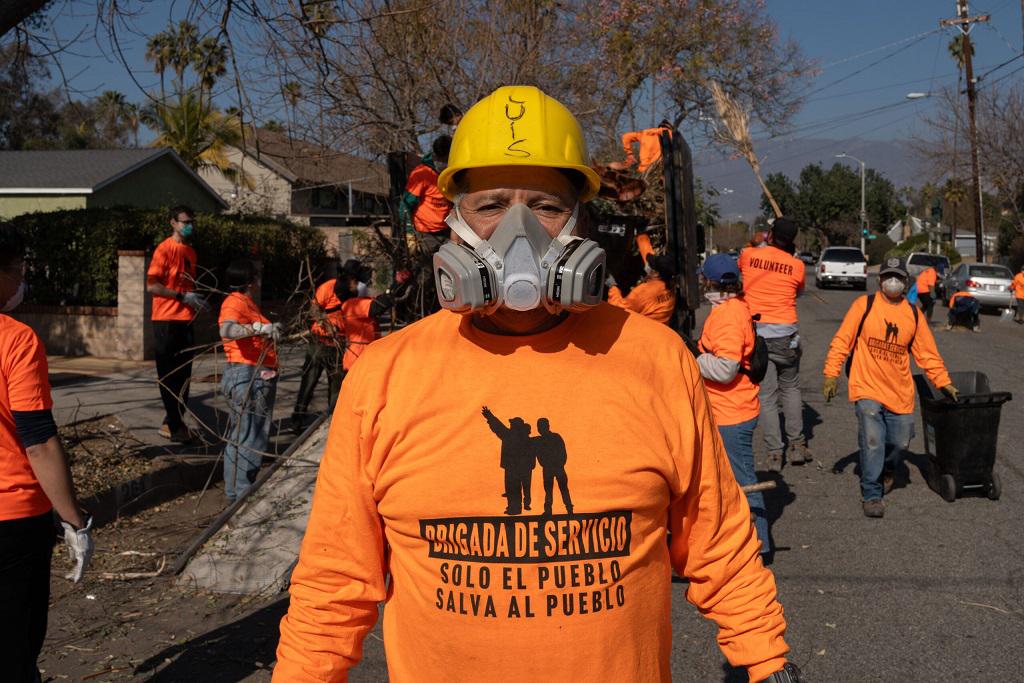I recently gave in to pressure and joined a universally addictive cult. For six months, my ears heard whisperings of its excellence. One by one, close friends slipped under its influence. It promised a bevy of social benefits and an almost supernatural link to the extracurricular world. I resisted with all the excuses I could garner, appealing to the lack of depth in today’s cultural atmosphere and the replacement of actual reality with virtual reality. Still, curiosity persisted, and with one fateful trip to ITS and an inconspicuous “click,” I sacrificed my presumptions and jumped in. I joined a cult, and that cult is Facebook.
Harvard computer science major Mark Zuckerberg launched Facebook in February 2004. When I received a Saint Louis University e-mail address in May 2005, 2 million members at 430 colleges had already subscribed to its ubiquitous presence. As of Aug. 19, just before classes started at SLU, Facebook supported 3.2 million profiles at 832 schools. In a mere year-and-a-half, this social networking marvel absorbed the college-age population and revolutionized the way students meet and befriend.
I repudiated The Sims and Instant Messenger sophomore year because they replaced the beautiful stuff of reality with a deceptively false sense of purpose. Virtual interaction, particularly Facebook, seemed hollow when high school comrades scrambled for pre-college friendships. But without a fervent attempt to hang onto those I had grown to love, I realized, I might lose them permanently. Besides, there were so many new people at SLU that what once seemed criminal-trespassing into cable-facilitated friendship-now seemed necessary.
The day I tried to register, however, some higher power intervened. As those who have submitted to the Facebook force know, a college e-mail address is required to log on. My dysfunctional SLU account banned message making until after ITS consultation.
I opened the fateful Facebook profile and read, “You Have No Friends,” “You Are in No Groups,” “You Are Connected to Zero People.” My heart sank. A chronic analyzer of symbolism, I wondered what the phrases indicated on deeper levels of fate and consciousness. True, I had shut out my high school friends to avoid the pain of losing them. True, I isolated myself from SLU social interaction under the guise of personal reflection. True, I desired quality conversation palpably, a hunger not unlike that for air in a breath-holding contest. How much need be accepted or abandoned to find nourishing human interaction?
For the identifying photograph, I selected a snapshot of myself in a solar-system skirt, Valentine’s socks, 82 foam spike curlers and a button accordion. Then came vital information: name, residence hall, relationship status and political affiliation. I entered interests-Nicholas, knee socks, singing nonsensically, Anna Karenina, Brave New World, Dead Poet’s Society, Moulin Rouge, Monty Python and the Holy Grail. “Fat Man on the Roof” – and there it was, my external identity, a pixel-boat in the cybernetic ocean.
After saving my profile, I met with a surprise. Somebody, I was told, claimed to be my friend. Did I confirm? With a slow grin, I accepted, and spent two consecutive hours searching globally and raiding the friends of my growing list of acquaintances. Within two days I befriended 116 people.
Like a kernel in a grain silo ignoring those from the same cob, I had begun to resign gorgeous friendships to the discard pile. I thought the platitude “life goes on” was inevitable in relationships, no matter their importance. Now I know that such treasures never need ultimately die. Facebook, I’ve found, is a lot like heaven, or at least an accelerated postal service. Students may simultaneously communicate with friends assumed lost, uphold intimacy taken for dead and further acquaintance toward companionship.
As they say, converts give the best testimony. So take it from me: Facebook, as it turns out, isn’t a cult. It is a virtual coffeehouse, a revolutionary computer-facilitated network of sociability. If you’re still holding out, give it a try. Otherwise, you’ll never know what-or who-you would have found.
Sarah Hale is a freshman in the College of Arts and Sciences.





